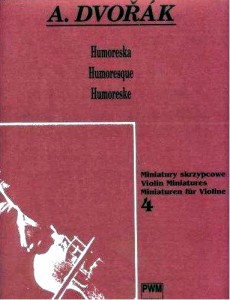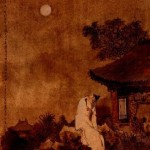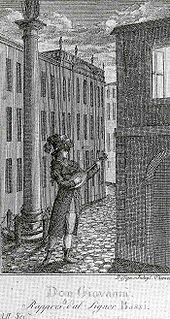Ziye’s Ballads of the Four Seasons* Li Bai (701-762)
Tr. YK Chan 陈耀国译
* Note: 亦作”子夜吳歌”。Also known as “Ziye’s Song of Wu”.
“子夜” (Midnight) was the name of a woman in the Jin 晉 Dynasty (265 – 420), who allegedly started this ballad style of poem in southern China.
春歌
秦地羅敷女 采桑綠水邊
素手青條上 紅妝白日鮮
蠶飢妾欲去 五馬莫留連
Spring Song
Maiden Luofu in the land of Qin,
Picks mulberry leaves by the river.
Her pale arms stretched across the green bough,
In bright sunlight her red dress shimmers.
Silkworms famished I’d like to go,
Ought not to loiter here your five-horse carriage.
夏歌
镜湖三百里 菡萏发荷花
五月西施采 人看隘若耶1
回舟不待月 归去越王家
Summer Song
Mirror Lake stretches far and wide,
Teeming with lotus blossoms nigh.
In the fifth moon when Xi Shi the beauty picks the flowers,
Onlookers amass in Yuoye1 for such a spectacular.
Before moonrise her boat returns,
To the royal house as heads turn.
___________________
1 Xi Shi’s hometown
秋歌
长安一片月 万户捣衣声
秋风吹不尽 总是玉关情
何日平胡虏 良人罢远征
Autumn Song
The moon shines bright over Chang An City;
Household laundry bats are stirring the night.
Autumn breezes forever blow and blow,
Always carry my heart to Gate Jadeite.
When will all the Tartars be conquered,
To let my dear husband quit this distant fight?
冬歌
明朝驿使发 一夜絮征袍
素手抽针冷 那堪把剪刀
裁缝寄远道 几日到临洮
Winter Song
Next morn the courier is setting off;
My warrior’s gown has to be sewn tonight.
Slender hands pulling a chilly needle;
Those scissors can hardly be held tight.
To send the tailored garment far away,
When will it reach Lintao and be alright?





 Antonín Dvořák
Antonín Dvořák







